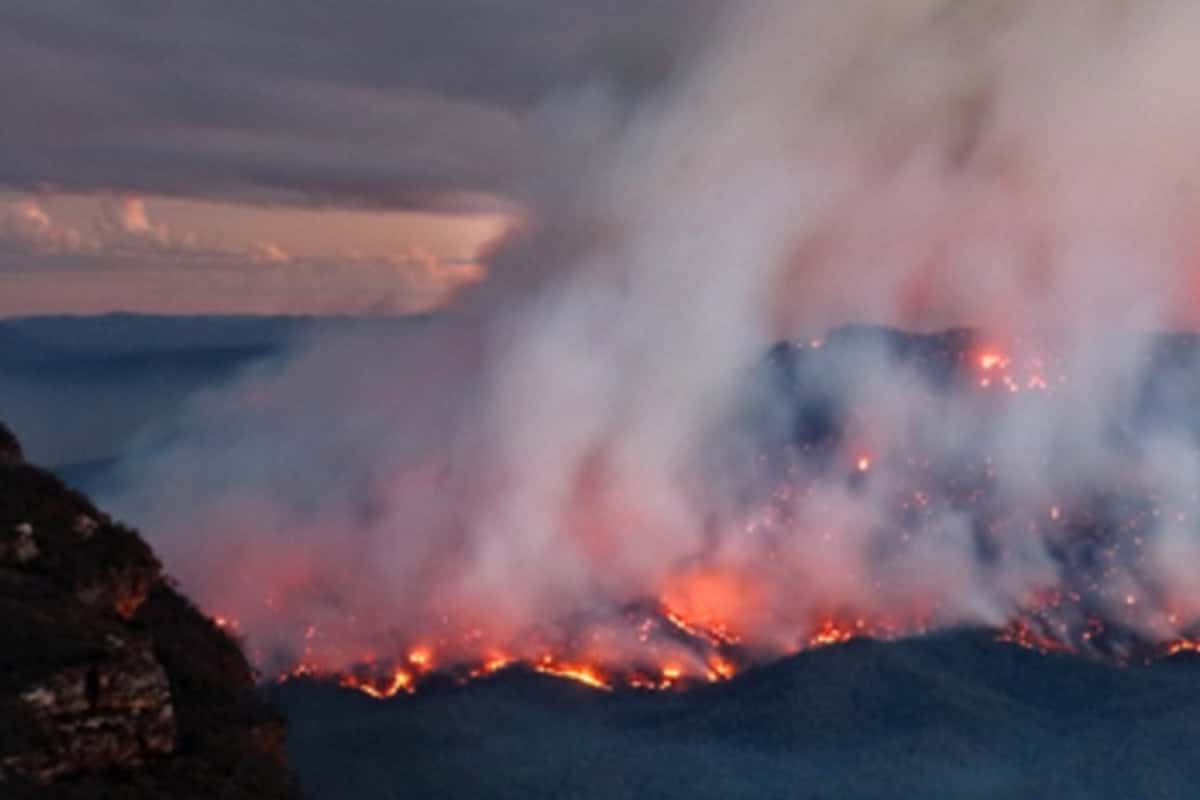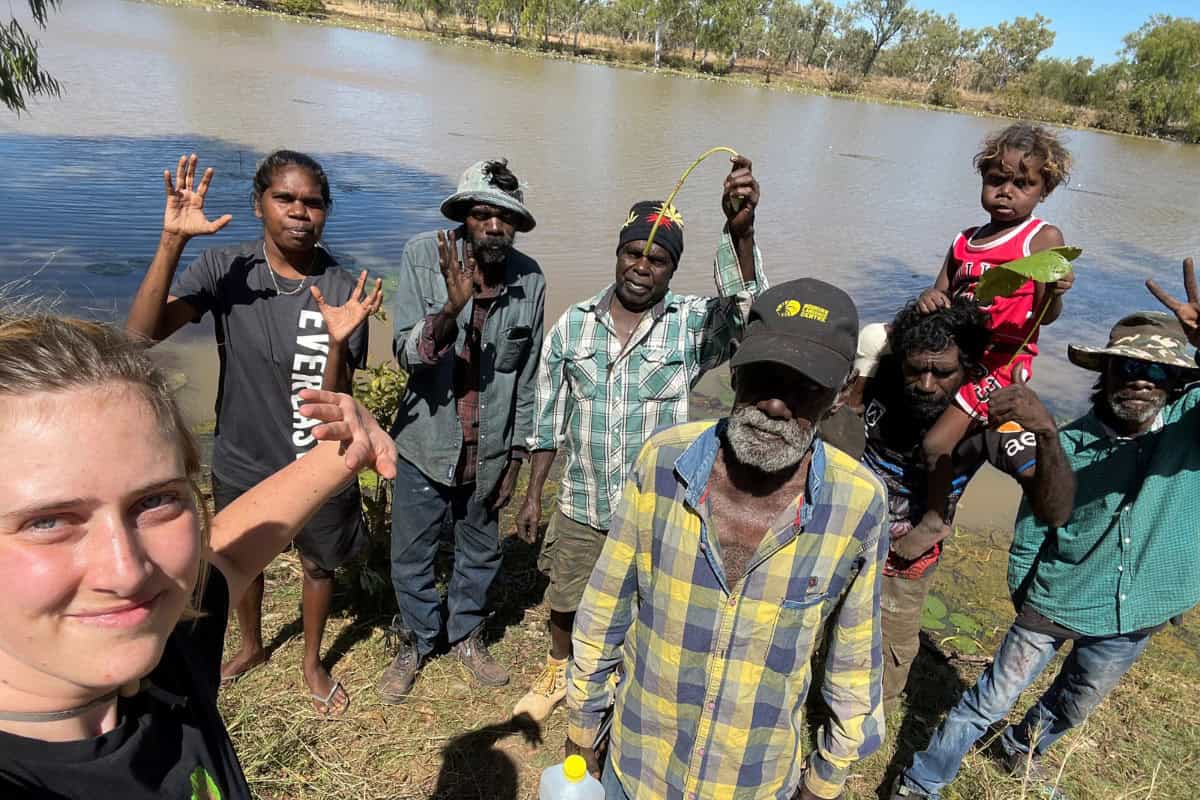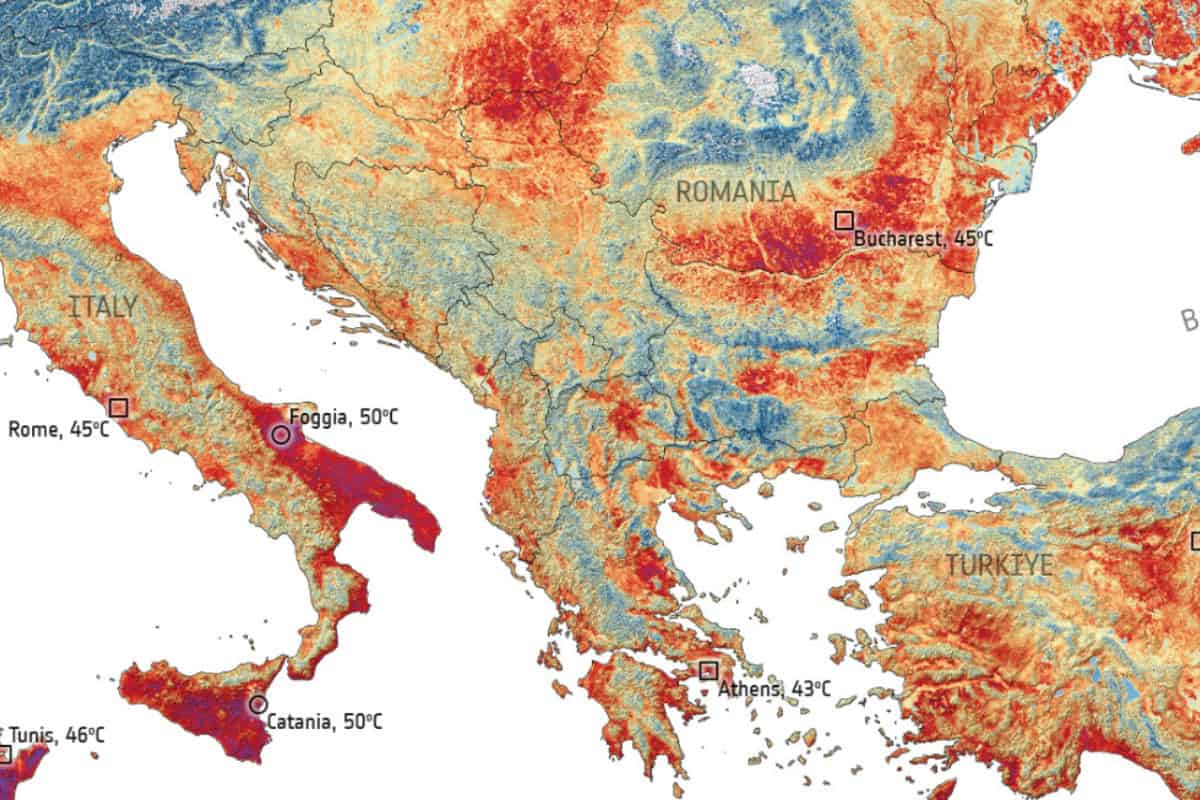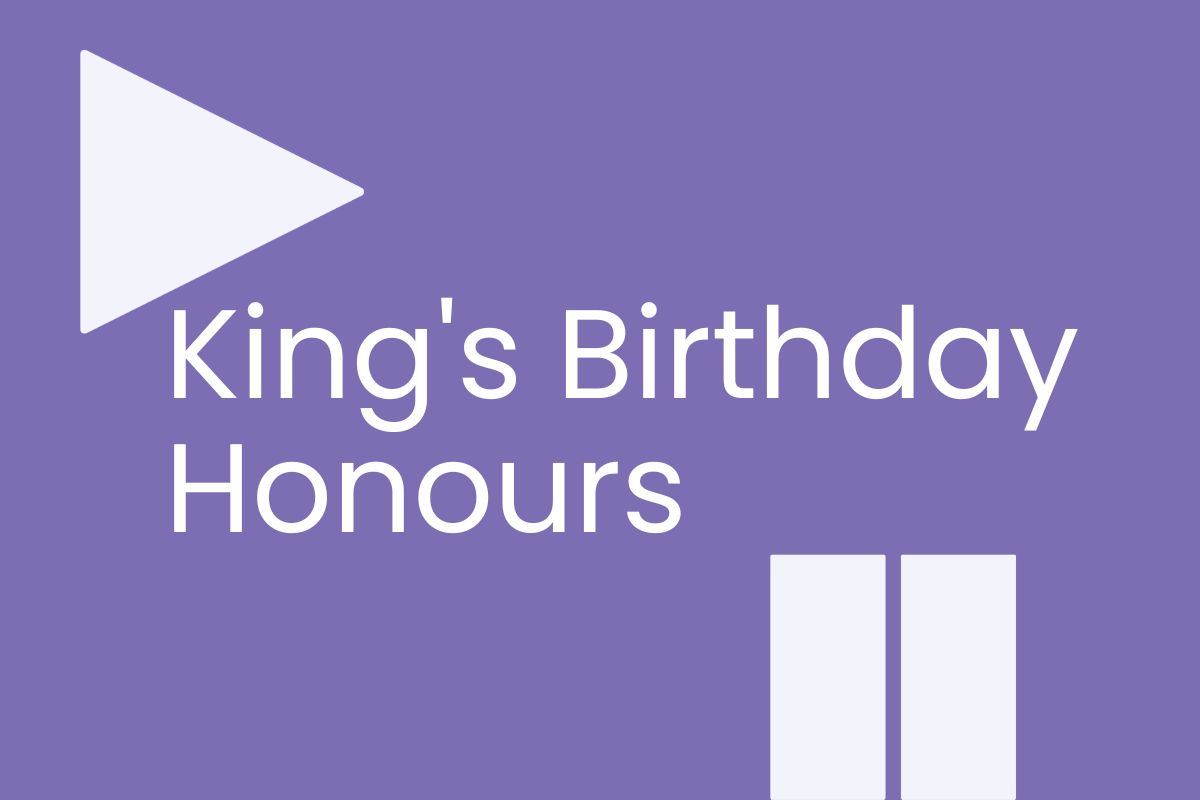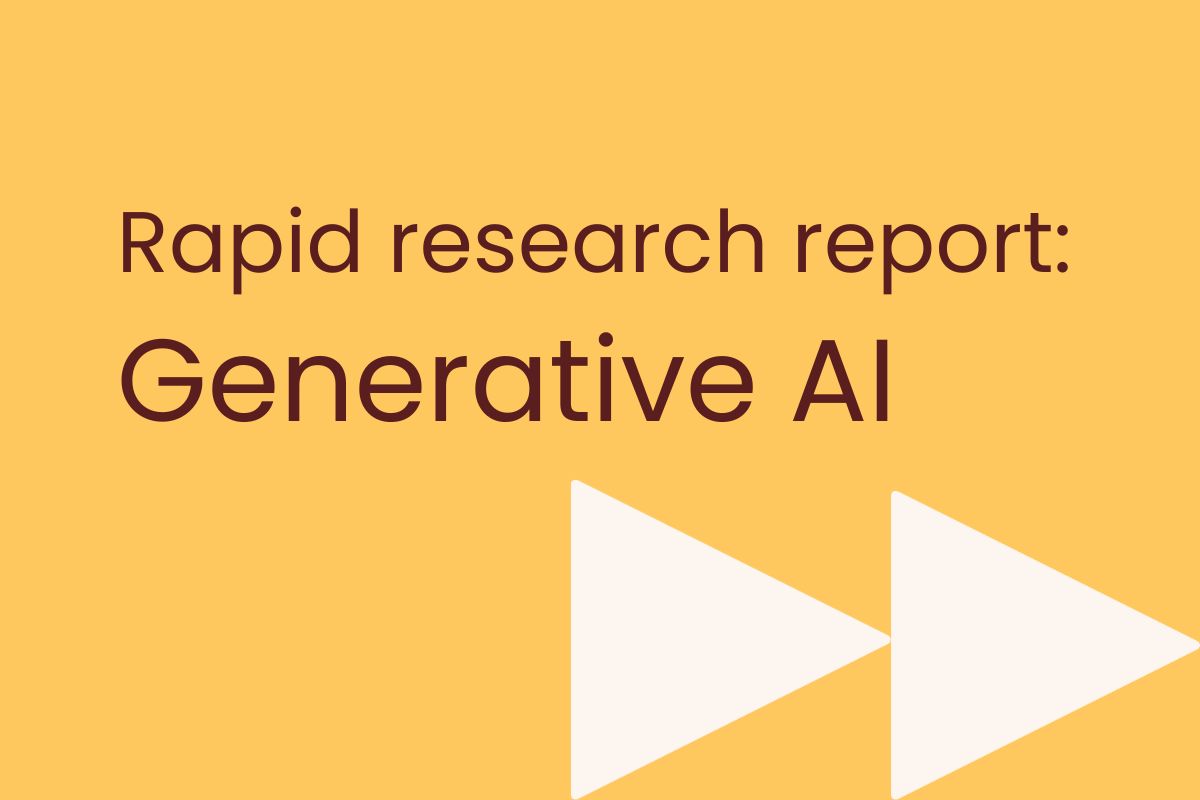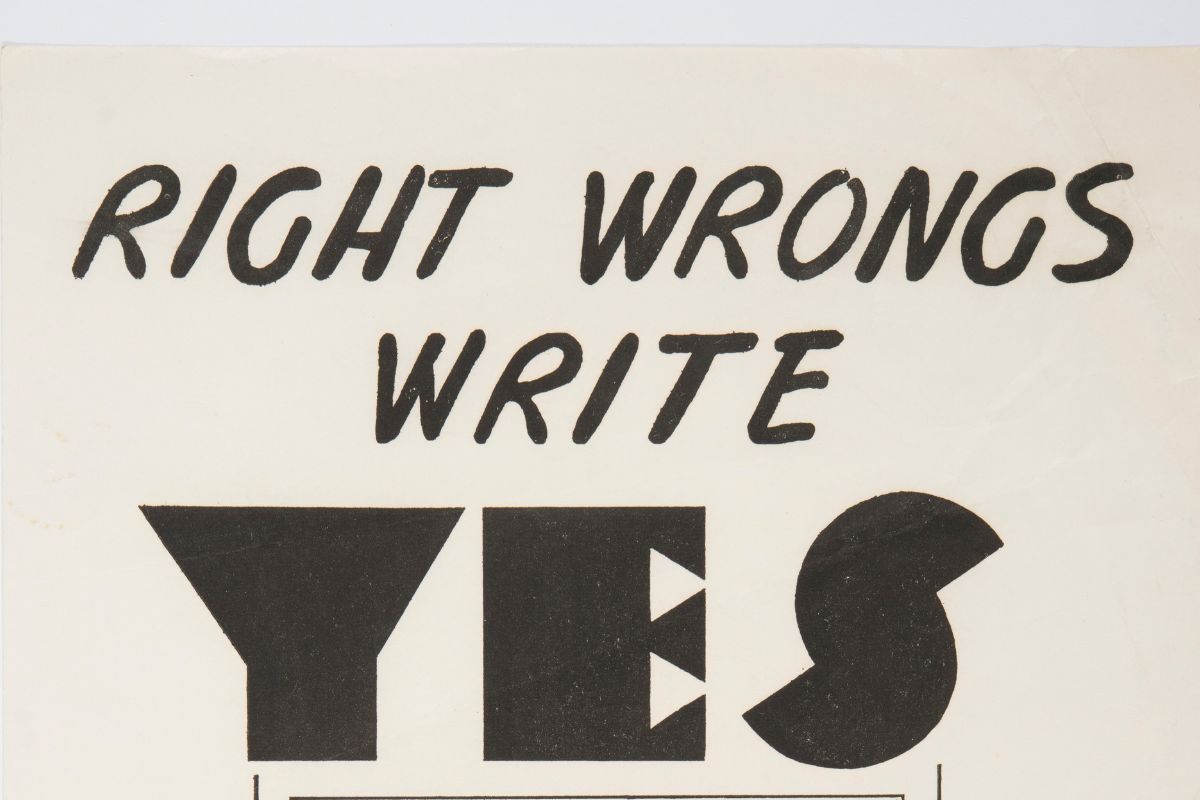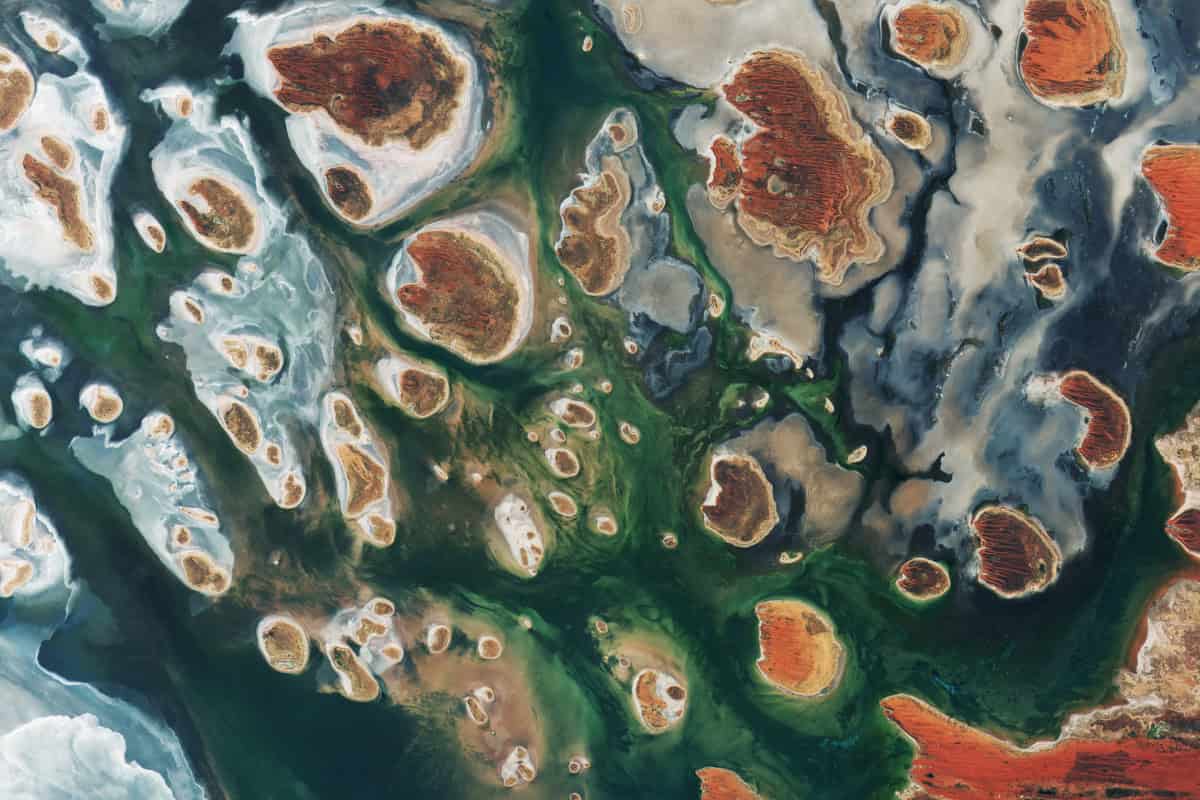Home > Newsroom
Newsroom
Explore all our latest news and stories. And, subscribe to our newsletter to be kept up to date with the latest Academy news. Or, explore past editions of our flagship journal: Humanities Australia.
View stories by category:
The effects of climate change are well known, but policy solutions are missing one potential solution to address the issue: creative arts. Dennis Del Favero and Stuart Cunningham FAHA explain how creative arts-led initiatives can help us prepare for and prevent climate disaster.
Linguist and 2023 recipient of the Academy’s John Mulvaney Fellowship Tula Wynyard is helping to document the languages of three remote Arnhem Land communities, a project she felt strongly about after finding it difficult to learn the language of her own Dharug country.
In 2023, we have mostly emerged from the extremes of isolation, but the effects of COVID-19 lockdowns on academia have converged with our looming environmental catastrophe. President of the Academy of Humanities Lesley Head FASSA FAHA reminds us that humanities scholars have the unique tools to address the challenges the world is throwing our way.
The prospect of war crimes trials is once again on the agenda in Australia and globally. Criminal investigations of possible war crimes committed by Australian soldiers in Afghanistan have begun.
Art can communicate across time and space. It transcends life and death. Professor Ari Heinrich FAHA explains how this power is harnessed in an exhibition inspired by a Taiwanese author and created by a Chinese-Australian artist.
Congratulations to three of our Fellows for being recognised for their contribution to literature, language and education in the 2023 King’s Birthday Honours list:
We want Australians to be confident and capable users of trustworthy artificial intelligence (AI). The foundations of AI are being laid now, and it’s essential that as a country we apply it in a way that supports our agency, purpose and opportunity. That’s why humanities scholars are at the forefront of providing advice about AI to governments, starting with a rapid research report for the Chief Scientist.
As we commemorate reconciliation week, we look to the past with The Hon Dr Barry Jones AC FAHA to delve deep into our collective consciousness, challenge entrenched perspectives and urge Australia to embrace honesty and support the Voice to Parliament referendum.
Former State and Commonwealth MP, Minister for Science (1983-1990), and Deputy Chair of the 1998 Constitutional Convention on the Republic, The Hon Dr Barry Jones FAHA reflects that referenda are different from elections in one critical way – voting ‘yes’ or ‘no’ means very different things.
As political duelling about the Voice referendum continues to distract the public, Ann McGrath AM FAHA cuts through the noise to remind us of the exceptional case for Aboriginal people to have a Voice to parliament.
A presentist might assume that audiobooks are a modern invention. They would be wrong. Long before the digital world, literature was being shared orally. Martyn Lyons FAHA takes us back through the centuries to reveal how those who couldn’t read or write maintained a literary culture.
ARC Laureate Fellow, Professor Peter Veth FAHA MAACAI, takes us on a journey from the Ningaloo Coast through the Pilbara and into the Western Desert where innovative science and Indigenous knowledge are helping develop new understandings of the 60,000-year custodianship of Australian deserts.

